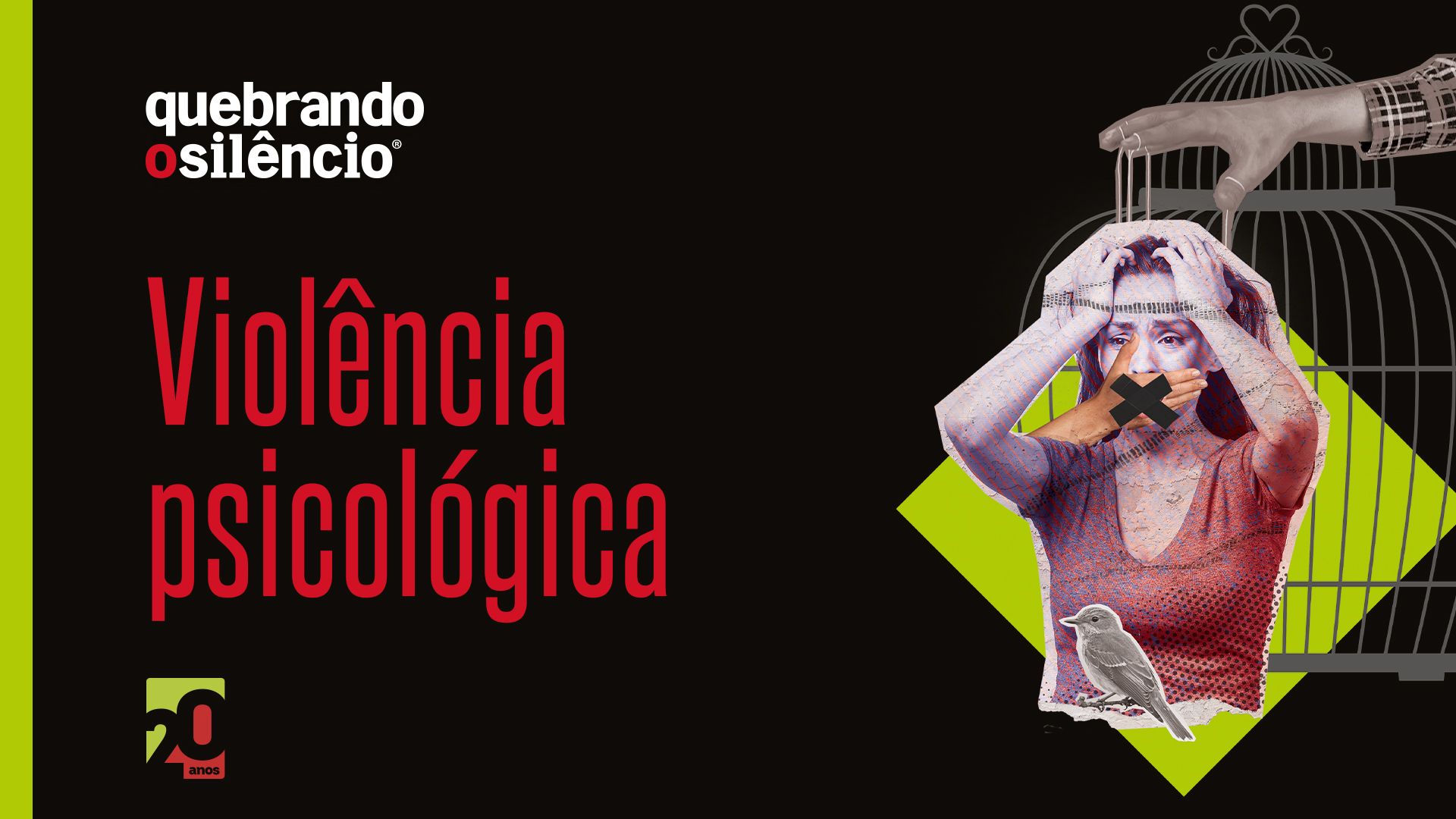
The last Saturday in August 2022 will see busy streets and full auditoriums across the eight countries that make up the South American Division (SAD) of the Seventh-day Adventist Church. On that day, Adventist church members and leaders will join forces once more to offer tips on prevention and share ways of fighting violence. The 2022 focus will be on psychological violence, leaders said.
Most Recurrent Type of Abuse
Various surveys focused on health and safety find that psychological violence is the most recurrent type of abuse, in many cases preceding other forms of aggression, leaders behind the August 27 initiative said. “It is present in homes and academic and work environments, in the form of put-downs, blackmail, and threats,” they explained. “Since it is not a physical act, this type of aggression is usually veiled and underreported to agencies dealing with abuse. However, it is recognized as a crime in several countries, given its harmful potential to the victim.”
Countries such as Brazil has recently passed laws that make psychological violence against women a crime. In its Article 147-B, Brazil’s Public Act 14.188/2021 defines psychological violence as any act that may cause “emotional harm to a woman that may harm and disturb her full development, or that aims to degrade or control her actions, behaviors, beliefs, and decisions by threats, shaming, humiliation, manipulation, isolation, blackmail, ridicule, limitation of movement, or any other means that may harm her psychological health and self-determination.”
Based on this notion, the Adventist-sponsored Breaking the Silence campaign implements various actions to fight psychological violence not only against women but against any vulnerable individual, such as children and the elderly, leaders said.
Motorcades, Marches, and Lectures
The Breaking the Silence project aims to support efforts to fight and prevent various types of addiction and abuse. For 2022, activities, initiatives, and drives have been planned for August 27 across Argentina, Bolivia, Brazil, Chile, Ecuador, Paraguay, Peru, and Uruguay. Several of those initiatives are scheduled to be a regular feature throughout the year.
Organizers shared that regional church regions are planning various drives and initiatives for that emphasis day.
Several activities are being prepared for the occasion. Motorcades and marches will call attention to the issue in the streets, while lectures are planned to take place in churches, schools, and auditoriums. As part of these events, church members hope to distribute pamphlets and magazines, in editions adapted for children, teens, and adults. Resources have been printed in Spanish and Portuguese and are also available in digital format on the campaign’s official website, leaders reported. Supporting resources include videos and promotional material, podcasts, and additional information about the project.
At the same time, many local Adventist churches are planning social assistance actions, such as health fairs with free checkups, visits to nursing homes and orphanages, and donations of supplies to families in need. A partnership with the Adventist Development and Relief Agency (ADRA) will also offer basic entrepreneurship courses for women, since experts agree that financial dependence is what keeps many of them in abusive relationships.
For SAD project coordinator Jeanete Lima, addressing the issue will certainly open the eyes of many people to identify psychological violence and seek ways to defeat it. “It is our role as a church; it is the role of Christianity.… We are indeed our brother’s keepers!” Lima said.
Two Decades of Actions
Created in 2002, the Breaking the Silence project has spent 20 years fighting violence in all its forms. The website in Portuguese includes stories of women who have been impacted by the initiative during these two decades.
The project has become significant not only for Adventist congregations across the region but also for local and regional governments. “Increasingly, states and provinces in various countries have included this special emphasis day in their official calendars,” leaders said. “They want to highlight it because they acknowledge its relevance and social contribution.”
The original version of this story was posted on the South American Division Portuguese-language news site.